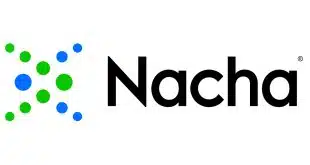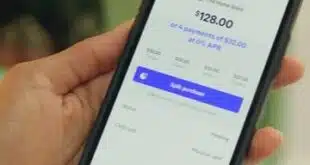The severity and length of the recession makes it likely banks will be able to raise fees for last-minute online bill payments, recent research says. That will mean more revenue for financial institutions that have been seeking ways to make money from electronic bill payments, a service they've generally been forced by competition to give away to customers. Financial institutions that offer a last-minute bill-pay service, which allows consumers to make payments that receive same-day or next-day credit with billers, charge on average $8 per transaction, according to Javelin Strategy & Research's latest report on electronic bill pay, released last week (Digital Transactions News, Aug. 5). That allows users to avoid late charges that can range from $20 to $49, the Pleasanton, Calif.-based firm's study says. Javelin says usage of the service has remained relatively flat from 2007 to 2008, with about 30% of consumers in 2008 saying they had made at least one so-called expedited payment in the previous 12 months. Some 13% reported making such a payment in the previous 30 days, down from 17% in 2007. Javelin attributes the flattening trend to the fact that more banks are now charging for 11th-hour payments. But as the economy continues to sputter, more and more consumers may be expected to use the service as a way of conserving cash and avoiding late-payment penalties. That could allow banks to hike the fees they charge. Javelin projects an average expedited-payment fee of as much as $16 by 2013, a level that could generate revenues of as much as $2.8 billion. “The prolonged nature of the recession makes it increasingly likely that more customers will be driven by necessity to use last-minute payments to carefully manage their cash flow in hard times,” the report says. Nor are consumers all that averse to the fees. Nearly 40% of consumers surveyed by Synergistics Research, an Atlanta-based firm, had paid a fee to make an expedited bill payment. Of these, 21% found the fee reasonable or acceptable, while another 41% found it a little high but were willing to pay it in emergencies. Nineteen percent said the fee exploited customers' distress, while 17% complained the fee was “unjustified at any level.” Synergistics also released its research last week. The key to levying fees for expedited transactions, says James Van Dyke, president and cofounder of Javelin, is that banks can show the charges allow consumers to avoid even heftier costs. “Expedited [payments] is an important opportunity [for banks],” he says. “They're never going to be able to charge a fee for something that once was free unless they can prove it's more costly” not to pay the fee. Indeed, fees for expedited payments, along with interchange income from the use of bank-issued cards for bill payments in general, may represent banks' only opportunity to earn significant revenue from online bill payments, Van Dyke says. Still, banks have some work cut out for them: almost 75% of consumers who made expedited payments last year did so at the biller's site rather than through an online-banking site, Javelin reports. The firm recommends banks concentrate on younger consumers, mobile-phone users, technologically savvy customers, and environmentally conscious persons to reverse that trend. All four groups, the firm says, are active users of last-minute bill-payment services.
Check Also
Affirm Expands Its Credit Reporting to TransUnion
Buy now, pay later platform Affirm Holdings Inc. early Tuesday announced it will begin credit …





